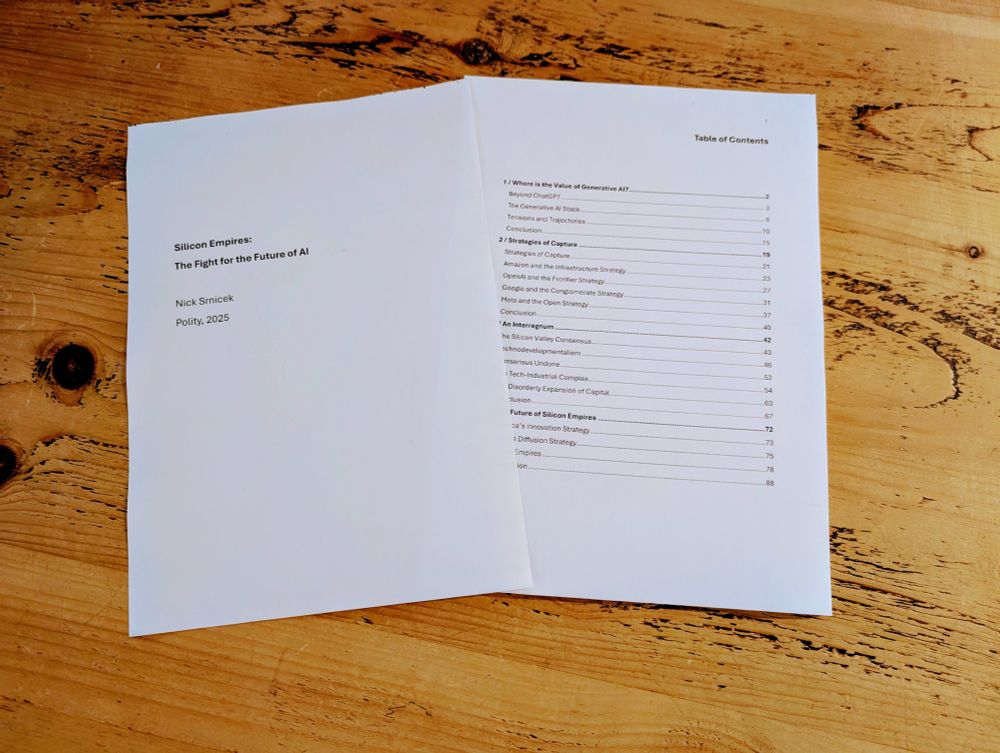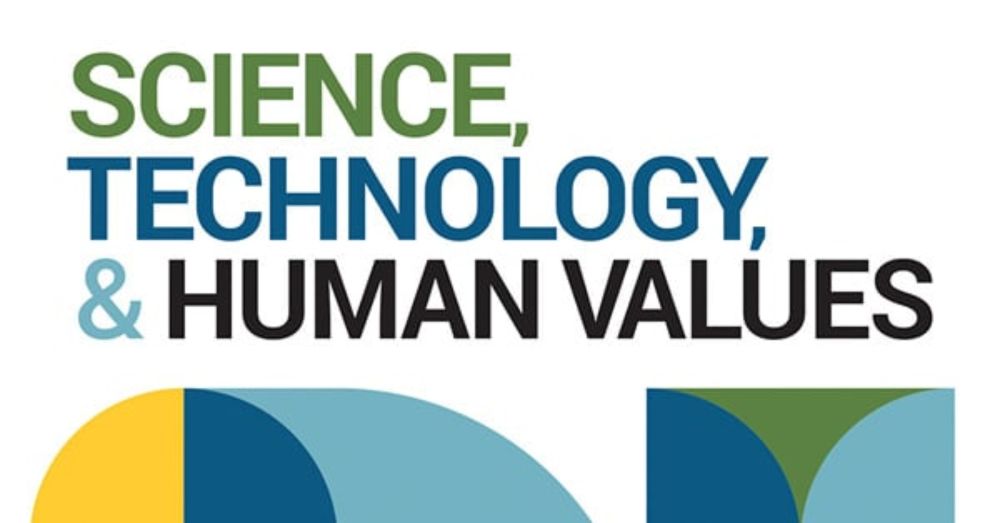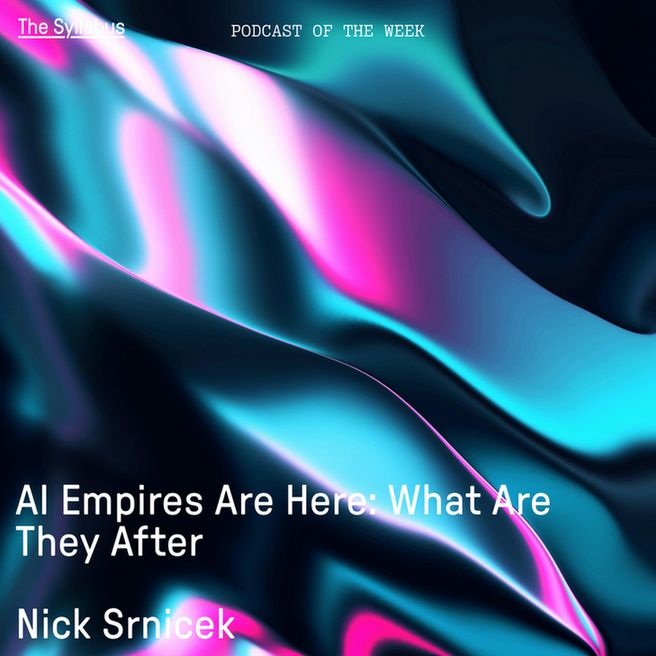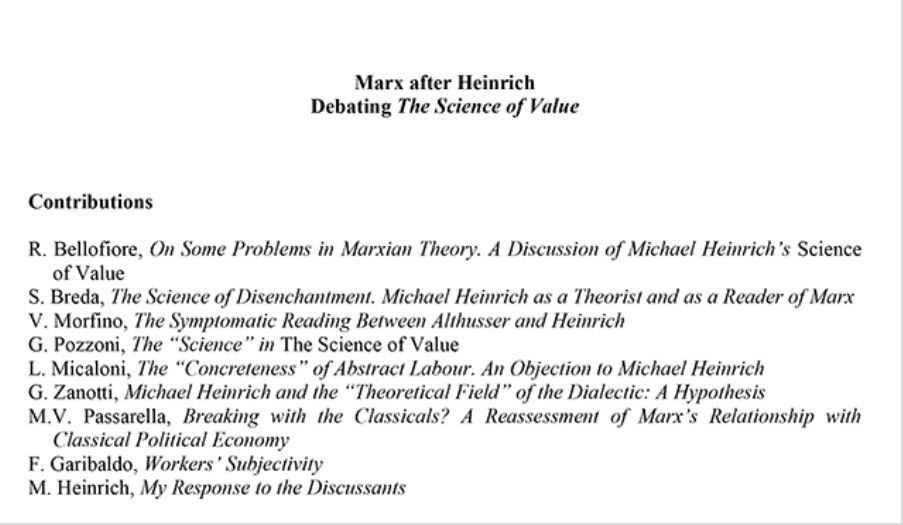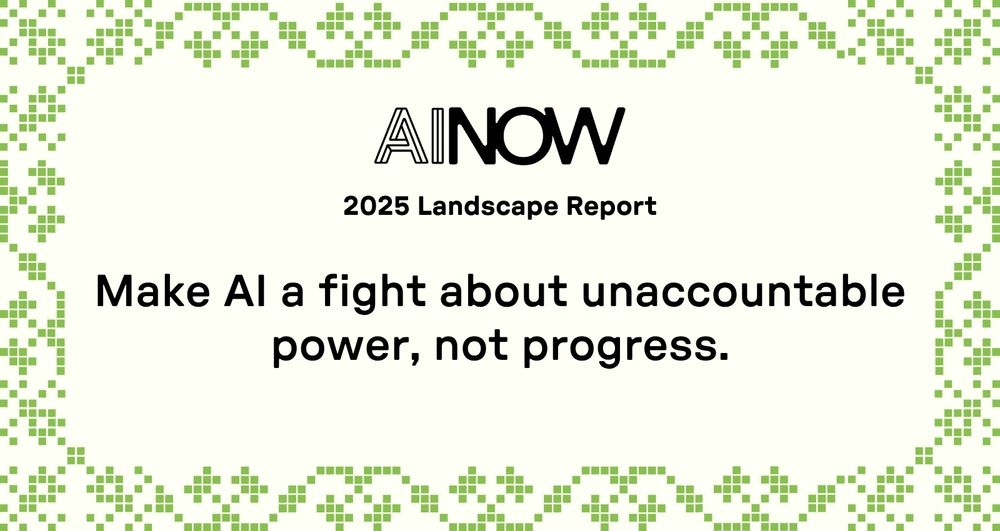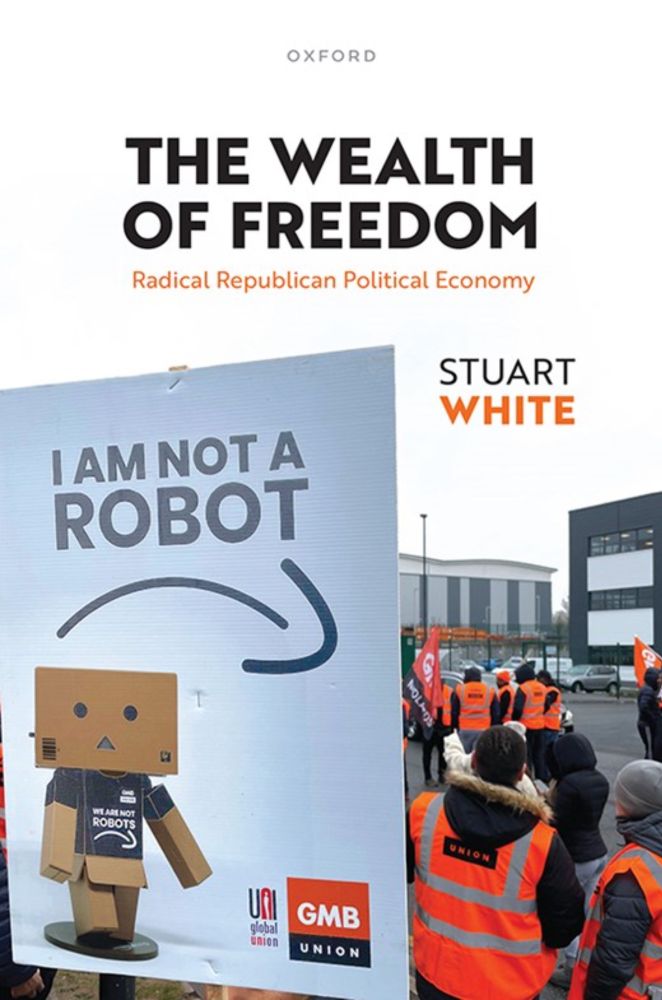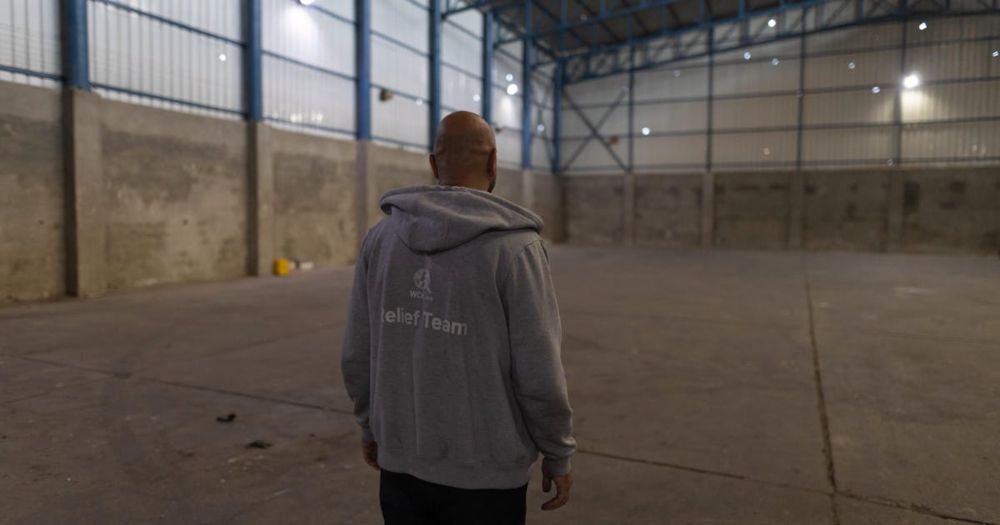Nick Srnicek
@nsrnicek.bsky.social
6.2K followers
470 following
56 posts
Senior Lecturer in Digital Economy at KCL. New book out in October: 'Silicon Empires: The Fight for the Future of AI'
Posts
Media
Videos
Starter Packs
Pinned
Nick Srnicek
@nsrnicek.bsky.social
· Aug 22
Silicon Empires: The Fight for the Future of AI: Amazon.co.uk: Srnicek, Nick: 9781509550494: Books
Buy Silicon Empires: The Fight for the Future of AI 1 by Srnicek, Nick (ISBN: 9781509550494) from Amazon's Book Store. Everyday low prices and free delivery on eligible orders.
www.amazon.co.uk
Reposted by Nick Srnicek
Reposted by Nick Srnicek
Reposted by Nick Srnicek
Reposted by Nick Srnicek
Reposted by Nick Srnicek
Reposted by Nick Srnicek
Reposted by Nick Srnicek
Kirstin Munro
@kmunro-econ.bsky.social
· May 31

Reconsidering the relationship between home appliance owners
A body of literature in conventional labor economics contends with multiple endogeneity concerns inexamining the impact of purportedly labor-saving home appliances on married women’s labor force parti
ideas.repec.org
Reposted by Nick Srnicek
Nick Srnicek
@nsrnicek.bsky.social
· May 23
Reposted by Nick Srnicek
Kai Heron
@kaiheron.bsky.social
· May 18

Israel just launched its offensive to permanently ‘conquer’ Gaza as Trump’s Arab Gulf tour wraps up
Israel announced the initial phase of “Gideon’s chariots,” the expanded ground invasion to permanently “conquer” Gaza, amid reports that Trump reneged on his deal with Hamas to lift the blockade, and ...
mondoweiss.net
Reposted by Nick Srnicek
Oxford Internet Institute
@oii.ox.ac.uk
· May 13

The Strategic Unknowns of Business Models of Digital Care Work Platforms - Funda Ustek Spilda, Alessio Bertolini, Adam Badger, Oguz Alyanak, Mark Graham, 2025
Informed by the scholarship of strategic ignorance (agnotology), this study presents a critical analysis of digital care work platforms and their business model...
bit.ly
Reposted by Nick Srnicek
Reposted by Nick Srnicek

